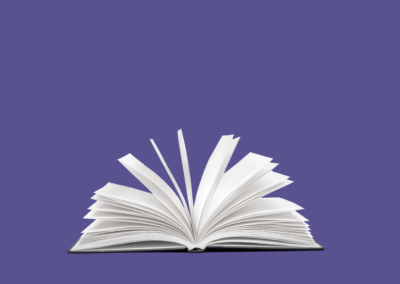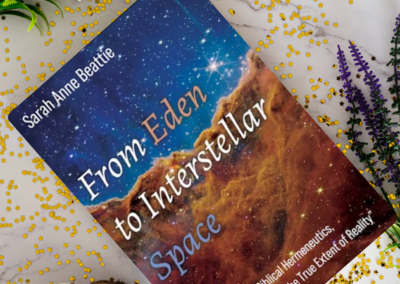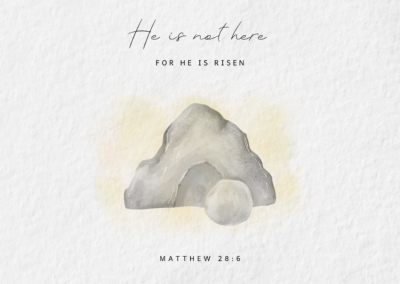
Professor Stephen Chambers (Companion of the NZ Order of Merit) is one of NZ’s leading teachers on infectious diseases. Semi-retired from University of Otago’s medical school he has been advising Government through the COVID-19 pandemic. Stephen is an active member of NZCIS. He talked to Silvia Purdie, NZCIS Administrator.
Silvia: My question is: what is fatigue from a medical perspective? What does it do to us?
Steve: Fatigue, generally speaking, is a subjective sense of lack of energy, lack of ability to engage with events that are going on. It has a whole range of causes from a medical point of view, ranging from anaemia through to hypothyroidism, through to hormonal conditions. Often we can pin those down. And then there is psychological fatigue, where people feel bowed down by the world in general, which is a much harder thing to measure.
Silvia: I’m really interested in how these connect with each other. It is a very complex area of interconnection between environmental stressors and internal physiological responses. There’s a lot of research going on, into chronic fatigue in general, and post COVID fatigue in particular.
People are now talking about ‘Covid fatigue’ in pervasive ‘everyone has it’ way, whether or not you actually catch Covid. An article in the Guardian last week described it this way:
“With the dashing of each raised hope and resurrected plan, a new tiredness sets in: a turbulent kind of tired, hot with anger towards politicians whose reckless behaviour claimed your loved one; a confused, self-berating tired, when you don’t seem to be able to complete the most simple of tasks. It’s a glass-eyed tiredness, endlessly scrolling but not absorbing, trying to become animated by force-feeding yourself the news and images of a world you can’t experience.”
(Nesrine Malik, ‘Like everyone, I’m so tired of fighting Covid. But we must keep going.’ The Guardian, 20 December 2021)
Steve: Fatigue often has a component of Moral Injury. People feel violated by events that are going on outside of their control; whether it’s the lockdown, or whether it’s working in the hospital system and feeling that they haven’t been adequately looked after in terms of PPE or time off. I hear people saying that it’s not their fault! why should they get sick? These sorts of questions ruminate in their minds, heightens and becomes a major part of their lives. So much so that it impacts on physical and mental health.
Those sorts of things are often cumultative and get called ‘stress’. There are lots of medical associations with stress, including affects on our immune system. COVID can cause disease irrespective of our stress levels or the state of our immune system, because we have no natural immunity. But there are many infections which are more likely to occur when people’s immune system is low. The infection becomes a larger entity in people who are stressed. And often things feed into each other; people feel stressed because they are sick and overweight, and they are more vulnerable to getting sick when there is psychological stress. I think moral injury is a major under investigated component.
A lot of medical people feel quite violated if they get sick. They think, they have done everything right, had a good diet, done what they should to protect themselves. And then they get think, “Is this God punishing me!?” – not necessarily that, but “I did everything correctly and it hasn’t worked out.” They get angry about it. It is a very complicated thing.
Silvia: Fatigue is often paired with resilience. In one hand we hold our own capacity and resilience, our ‘bounce back’. Then fatigue, on the other hand, challenges our ideas about our own capacity and our own competence and our own resilience. It creates the experience of being overwhelmed. We think we can manage, and then when our body is telling us that we can’t manage, it is quite challenging.
Steve: Absolutely, I agree. That is really a very common thing. It happens to me and probably to you as well.
Silvia: And especially in the medical profession I guess. Everyone who enters the medical profession goes in, surely, thinking that they will be able to cope with everybody else’s illnesses and everybody else’s problems. But then what happens when you hit the wall of your own limitations? That can’t be pleasant!
Steve: Few people outside the medical profession understand how stressful it can be can be, making life and death decisions every day of your life. Even within marriages, research has shown that when both people are in the medical profession the marriage is more likely to work, because your partner ‘gets it’. They understand the toll that it takes.
Silvia: How is your own fatigue, this Christmas? For me, I have been quite aware over the last six weeks of physical fatigue. I put it down to menopause, changing hormonal levels. I suspect that most women my age don’t make enough allowances for its impact on the body.
Steve: Sometimes I feel like I’ve got no mental energy to engage in any sort of deep thought at all. That is definitely a form of fatigue. But I relax for a while and my brain function comes back, thankfully!
Silvia: So what works for you? What ways of resting help you to recover from fatigue?
Steve: I sleep in. A game of golf. Go for a little walk here and there. I go to Akaroa. Just doing completely different sorts of things.
Silvia: What is the role of the natural world in your fatigue recovery?
Steve: No doubt about it! Being more involved with the natural environment is very helpful to de-stress. Not that I am dissociated from nature at home as we have a lovely garden and view, but Akaroa is so beautiful. And just coming over the hill means somehow that I leave the burdens on the other side of the hill! Getting away is good.
Silvia: People do find that- we hanker for going on holiday. We need that sense of being able to cognitively disengage from the stressors, and changing our physical environment can be part of that. I think that’s partly why the whole COVID experience has been so stressful. Lockdown intensified stress because it deprived people of their ability to change physical environments. There are big positive benefits from both the nature contact of being in wild spaces, and also, as you just described, that sense of being able to leave your troubles behind as you travel from one place to another.
Steve: One of the reasons I am looking forward to going to Auckland for New Year is to see family. I will see my brother and sister which will be nice, as well as a new baby! Being in a supportive social environment is also rather refreshing!
Silvia: You’ve just put your finger on another vital form of recovery from fatigue. Some people are introverted and just need to be alone to recover from the fatigue. But there is a really important place for social interaction. From a faith perspective that makes perfect sense, as the restorative nature of community and family and friendships, experiencing the presence of God in community. It’s just that experience of being loved, I guess. We don’t have to be all ‘lovey dovey’ and romantic, but just experiencing love in a day to day way. To have people around us who like us and that we genuinely like – that’s good for us, right!
Steve: With families there is another sense of connection – there is for me anyway – to a belonging through time. Family links me back to our parents, our grandparents. I find that very restorative.
Silvia: Right! Finding ourselves in a longer story intergenerationally is one way to recover from fatigue. Absolutely.
Steve: I think that is really quite important. And I’m sure a lot of other cultures, including Maori and Pacific folk, feel that this a major part of their connecting, and sustaining their sense of purpose.
Silvia: Especially for moral injury, that is so important, to take us out of our consuming sense of being ‘put upon’! I guess, especially in your world, people would get very immersed in that stressful medical system, over which they have little control. You would have to get out of it occasionally, surely, or it will fry your brain!
Thank you so much, Steve. Happy New Year and may you have a holiday full of rest and family and recovery!



